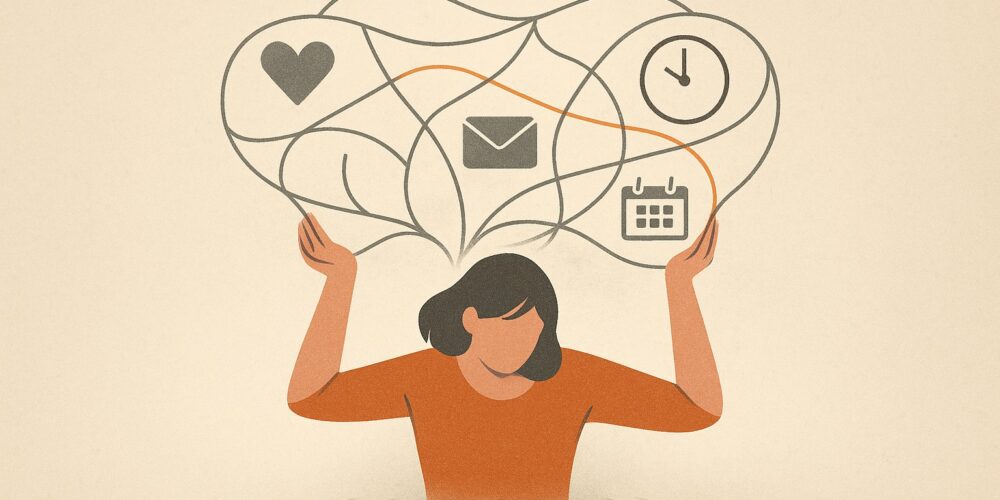The grace of the giver

Do you keep getting dumped on because you’re the accommodating one?
Perhaps a lot of work lands on your desk because you’re so willing. Perhaps friends and even close relatives take you and your efforts for granted, not seeing how much you do to help them in their lives.
If any of this sounds familiar, you’re far from alone. There is a large, often silent group of people in this world to whom this happens routinely.
There are several key aspects to this phenomenon. First, there is the people-pleaser trap. This is where we say yes to buy belonging—if I don’t do this for this person, they won’t want me. There’s usually a big imbalance here: the person taking advantage is usually far more popular or powerful; the one being used yearns for acceptance and embrace.
Next, there’s the reciprocity gap. This means that it’s virtually impossible to balance what we give with what we get. There isn’t a clean ledger for every relationship, with equal effort on either side. That’s just one of life’s inherent skew. But too much imbalance is bad—the ledger is being kept, and someday it will be called in.
And lastly, the problem of invisible labour. This one is well known to homemakers and caregivers, who do extremely complex and impactful work but with nary a word of praise from society, or even their family members. No one notices those working invisibly because their duties don’t appear on any payslip—until they’re not there to do their essential work.
We let this stuff happen because of learned patterns. Childhood conditioning and cultural scripts that glorify self-sacrifice wire us to keep proving our worth. The cost is also real, in terms of burnout, resentment, and fractured self-respect. Chronic givers can even stunt others’ growth, particularly their children, by making life too easy.
None of us should be a doormat; we should be doorways for others. Generosity can also be strategic, when it is not just obligated giving; it improves the other’s capacity rather than shrinking one’s own. That’s why the greatest form of giving is to grow someone we care about, or let them shine. Does your giving enlarge both lives, or just deplete yours?
The best way to help is to create agency—teach life-skills, offer guidance, and then step aside. Be the catalyst rather than the crutch. In organizations, founders need to evolve into coaches who let others step up and grow.
And yet: to be the giver is to be great. It is far better, in spiritual terms, to be the one being taken advantage of, rather than to be the user and abuser. Those who are generous exist on a higher plane, and it is better to risk occasional exploitation than to become a sour withholder. Proverbs 11:24 tells us: “One person gives freely, yet gains even more; another withholds unduly, but comes to poverty.”
The real balancing-act of the great human is to be open-handed without becoming empty-handed. The good amongst us act according to their personal values, not to deploy transactional cunning in every relationship. Seneca gave us some Stoic straight-talk: “He who receives a benefit should never forget it; he who bestows should never remember it.”
THE SIGNAL IN THE NOISE
Real wealth is what flows outward. Better, then, to risk being the over-giver than to calcify into the hoarder or the perpetual taker.

Buy Sunny Bindra's new book
The X in CX
here »
Popular Posts
- You are who you hang out withSeptember 28, 2025
- Why your mother was right about your anxietyOctober 12, 2025
- Born knowing the waySeptember 21, 2025
- The balance sheet that mattersOctober 5, 2025
- The art of the CX rescueSeptember 14, 2025















